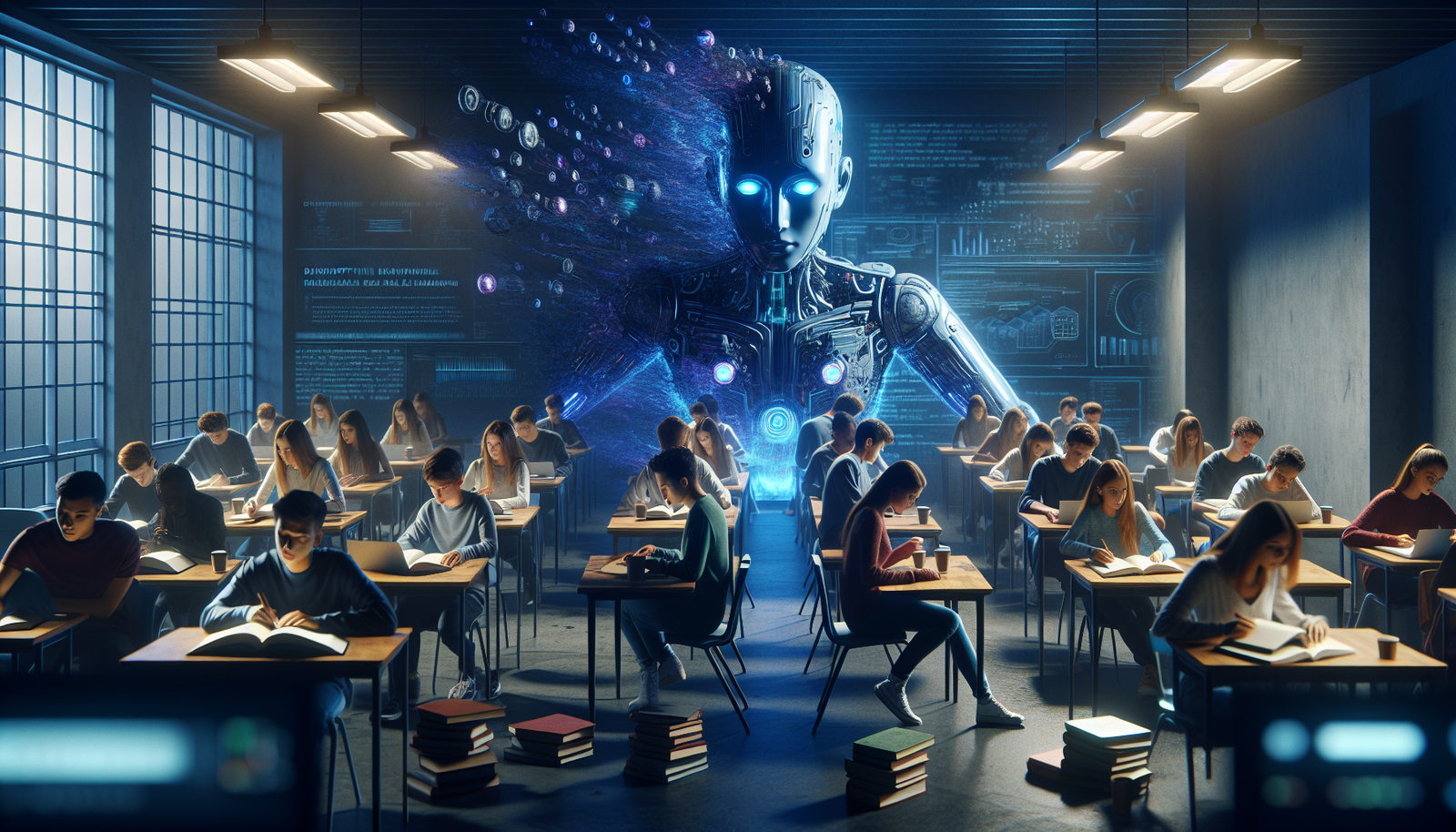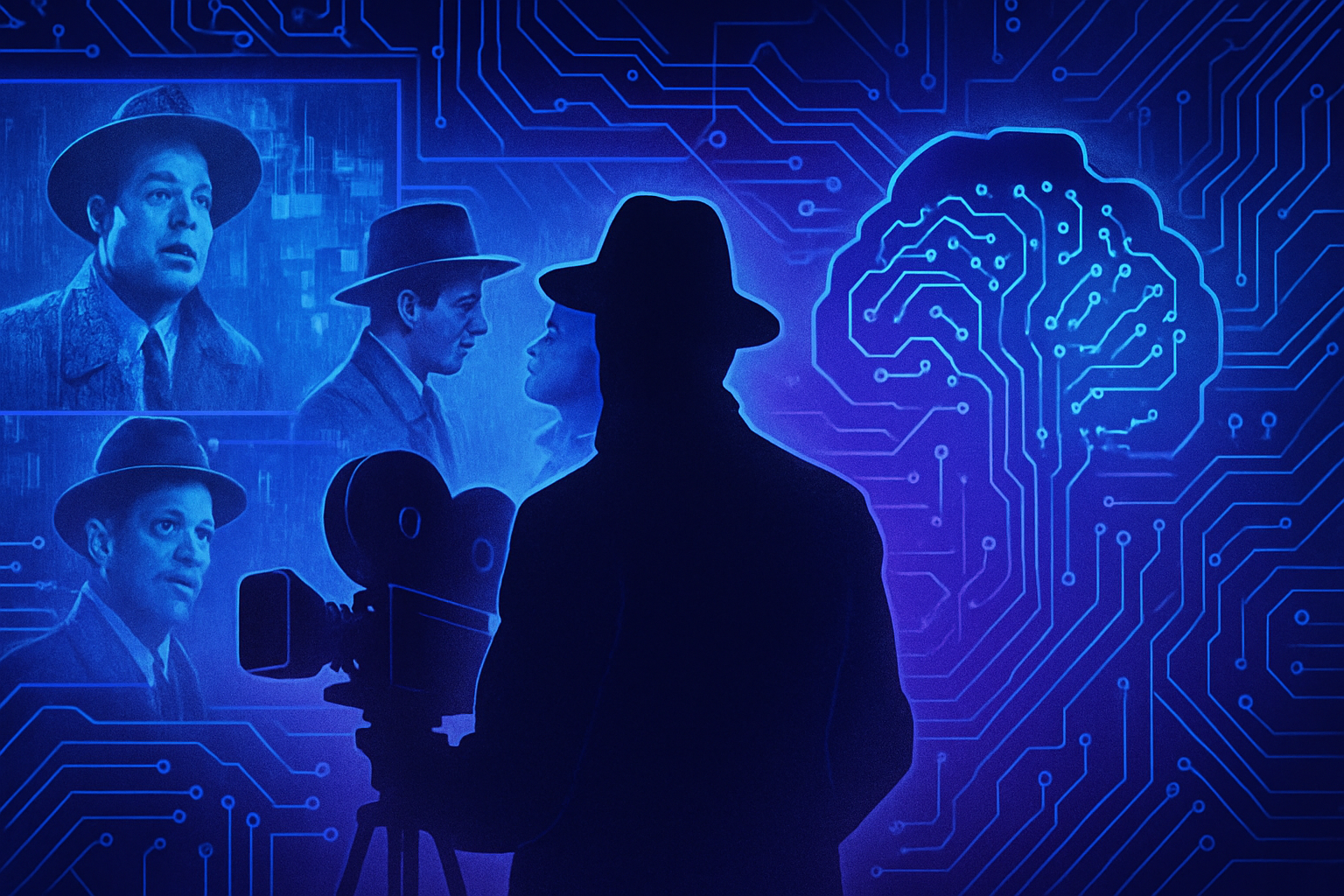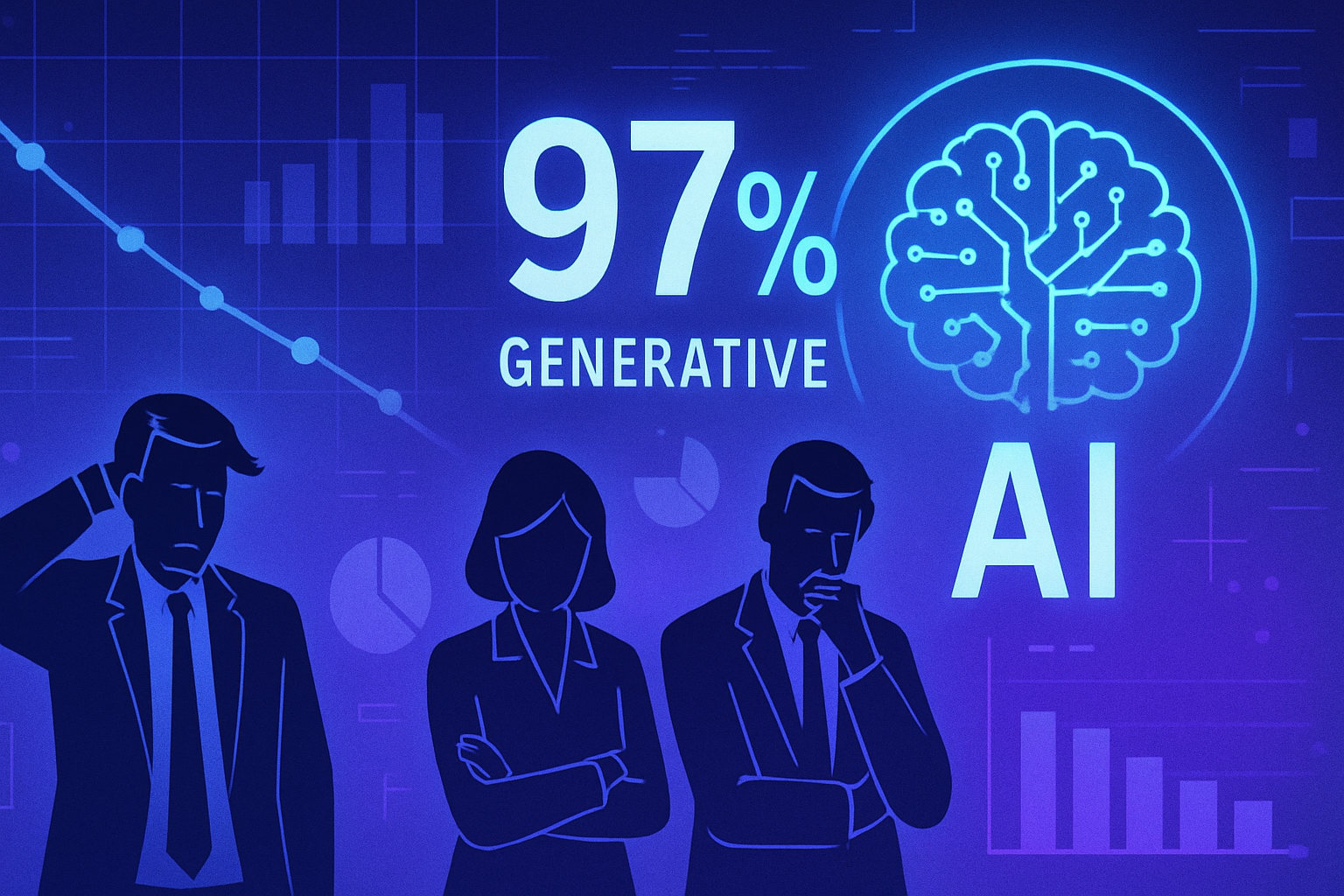The stakes of generative artificial intelligences in education
Generative artificial intelligences are rapidly transforming the educational landscape. This phenomenon raises major questions about their impact on learning and pedagogy. Teachers, policymakers, and students are facing unprecedented dilemmas related to the integration of these tools in classrooms.
A rushed adoption without precautions
The enthusiasm surrounding generative AIs often leads to hasty integrations into educational practices. Platforms like ChatGPT attract students’ attention, influencing their approach to learning. Educators must question the need for adequate awareness regarding the use of these technologies. Without appropriate education, the risks of dependency on these tools are high.
Threats to academic integrity
Generative AIs expose the educational system to significant threats concerning academic integrity. Facilitated plagiarism and evasion of assignments have become formidable consequences. Teachers must therefore double their vigilance and develop strategies to counter these abuses. A thorough reflection on creating an ethical framework is imperative.
Environmental issues and the cost of AI
Generative AIs generate a notable environmental cost. The excessive energy consumption of processing servers is an increasing concern. In education, it becomes necessary to adopt responsible and sustainable practices to integrate these technologies. Reevaluating the use of AIs in light of their ecological impact could lead to beneficial changes.
The role of teachers in the face of these technologies
Teachers must redefine their role in a context where generative AI is omnipresent. Their mission is evolving towards enhanced support for students using these tools. Teaching critical thinking becomes essential for guiding students in the informed use of AI. The mutualism between technology and education requires adequate training for instructors.
Collaboration among stakeholders
Close collaboration between educators, policymakers, and AI developers is essential to address these concerns. Establishing guidelines and educational policies that promote the ethical use of AI is crucial. Shared initiatives could shape the future of education, preserving the authenticity of learning while integrating technology.
Future perspectives and regulation
Governments must consider regulations to frame the use of generative AIs in schools. Protecting students’ rights while fostering innovation in education requires establishing a delicate balance. Implementing transparent protocols would help delineate the integration of artificial intelligences, while avoiding potential abuses.
The dangers related to AI necessitate a vigilant commitment. A proactive reflection on these technologies is essential to ensuring an informed education. Education must not be sacrificed on the altar of technology.
Frequently asked questions about generative artificial intelligences in education
What are the main threats posed by generative artificial intelligences in the field of education?
Generative artificial intelligences can present risks such as the spread of misinformation, plagiarism, and the reduction of students’ critical thinking. These technologies can also create a dependency that undermines autonomous learning.
How can teachers integrate generative artificial intelligences into their practice without harming students’ learning?
Teachers can use generative AIs as assistance tools to enrich lessons and foster student engagement, while establishing clear rules regarding their use to maintain a balance between technological tools and traditional learning methods.
Can generative artificial intelligences really replace teachers?
No, although these technologies can complement certain aspects of education, they cannot replace the human relationship and emotional support that a teacher provides. Education also involves social and emotional skills that are essential for students’ development.
What skills should students develop to interact responsibly with generative artificial intelligences?
Students should cultivate skills such as critical thinking, source analysis, and the ability to question the veracity of AI-generated content. This will help them become informed and responsible users of these technologies.
What role should education play in preparing students for the challenges posed by generative artificial intelligences?
Education should include training on the ethical use of technologies, awareness of AI biases, and strategies to navigate an increasingly AI-influenced educational environment. This also includes promoting digital skills.
Could generative artificial intelligences deepen educational inequalities?
Yes, there is a risk that unequal access to these technologies will amplify educational disparities, as students from disadvantaged backgrounds may not benefit from the same resources and tools as their peers. Therefore, a reflection on equitable access is necessary.
How can parents support their children in the face of the rise of generative artificial intelligences?
Parents can play an active role by discussing with their children the content they encounter online, helping them develop a critical mindset, and teaching them to use these tools responsibly and informed.
Are there regulations in place for the use of artificial intelligences in education?
Currently, regulation is still in development in many countries. It is crucial that governments, schools, and educational organizations work together to establish clear guidelines governing the use of AIs in the school context.






